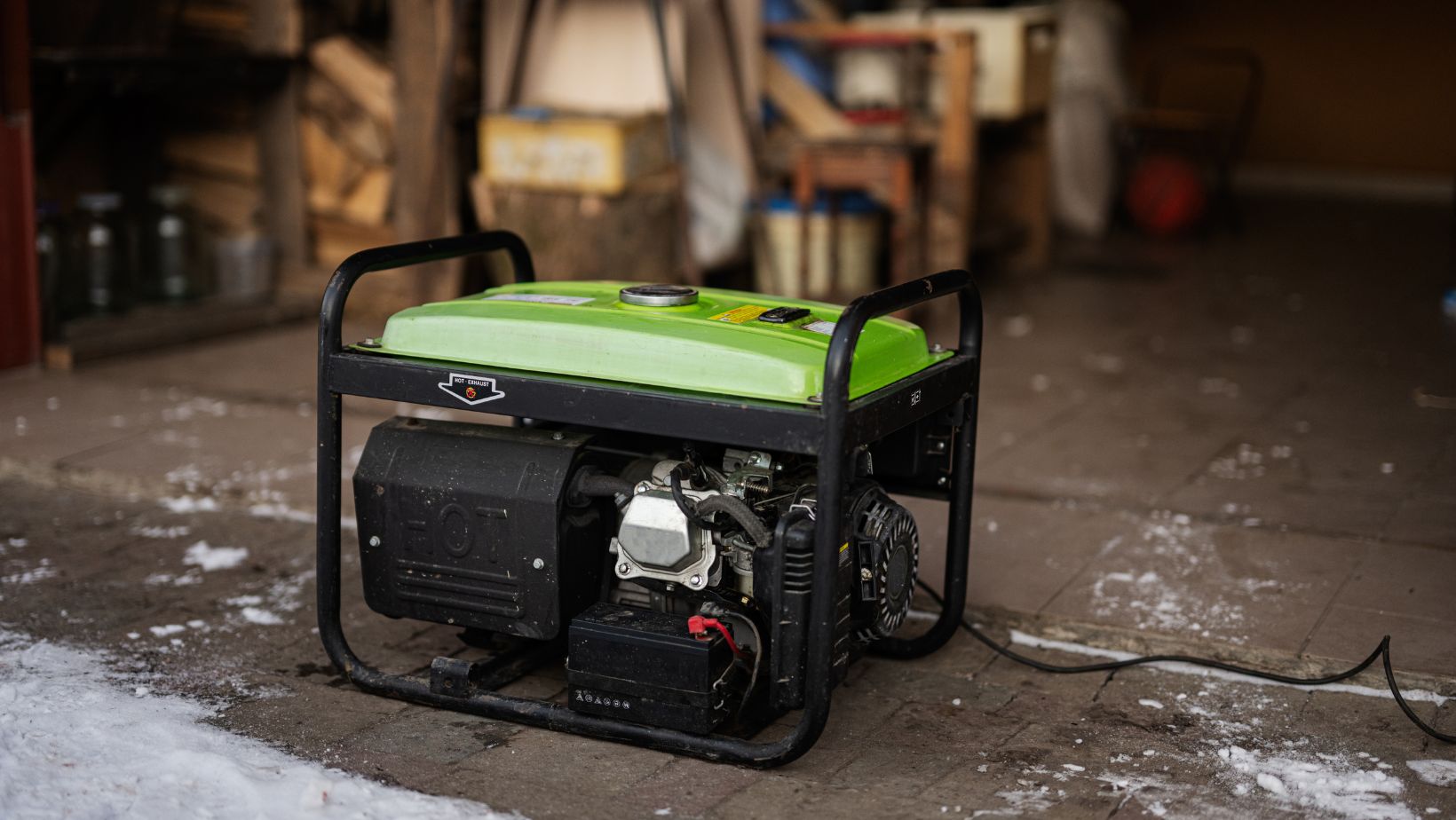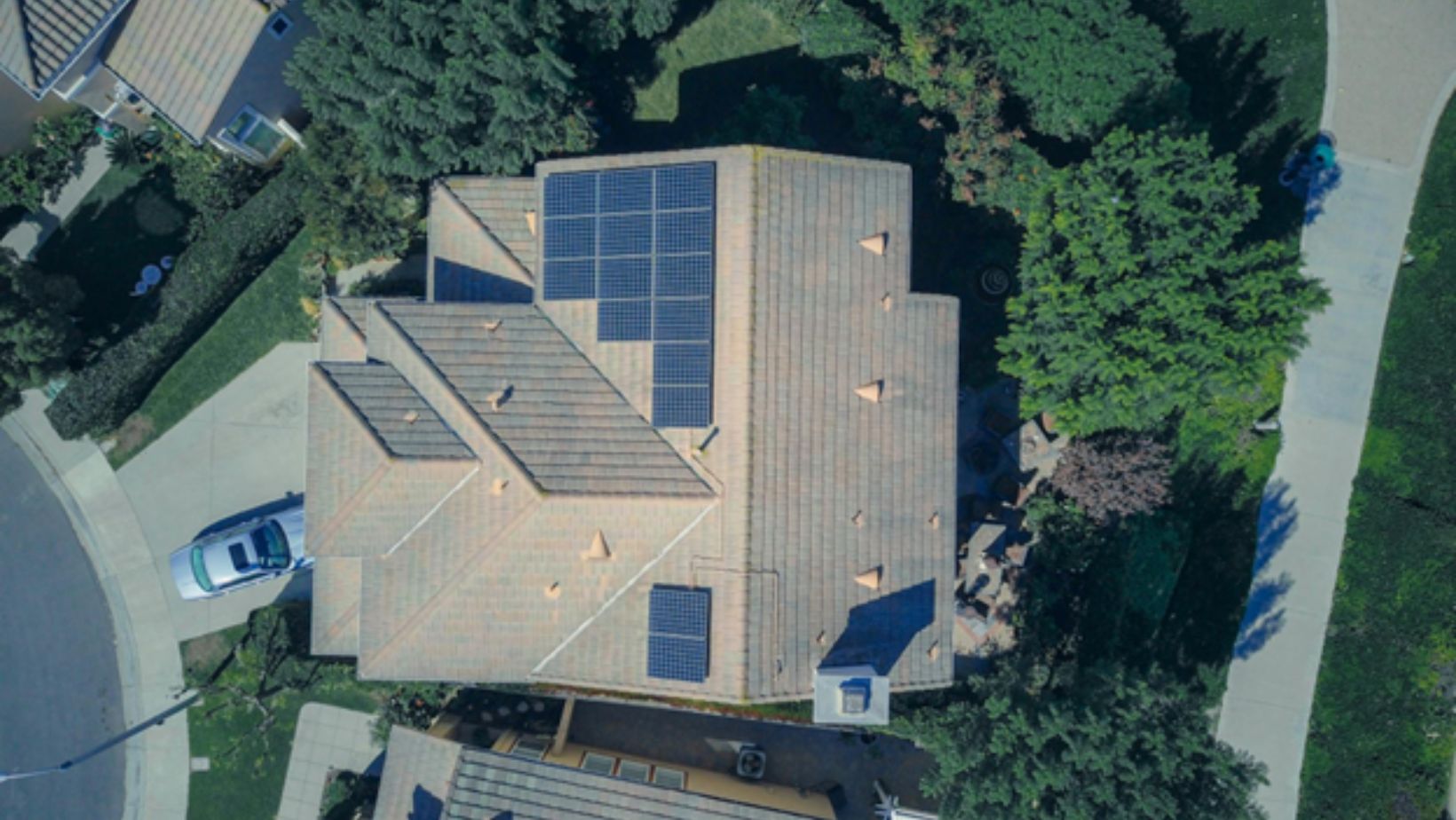A backup generator is an essential investment for homeowners and businesses alike, providing peace of mind during power outages. Whether you’re looking to keep your home comfortable during storms or ensure that your business operations continue without interruption, choosing the right generator can make all the difference.
Determine Your Power Needs
Calculate the wattage needed to keep your essential appliances and systems running during an outage. The cost of a generator will depend on whether you need to power the entire house or just essential appliances like refrigerators, lights, and heating systems. By identifying your power needs, you can choose a generator that provides adequate power without over- or under-spending.
Select the Right Type of Generator
There are two primary types of backup generators to consider: portable and standby. Portable generators are less expensive and can be moved as needed, making them ideal for temporary use or emergencies.

Standby generators, on the other hand, are permanently installed and automatically kick in when the power goes out. They provide a more reliable source of power but are typically more costly. Your choice will depend on your budget, frequency of use, and convenience needs.
Consider the Fuel Source
Backup generators can run on different types of fuel, including gasoline, propane, natural gas, or diesel. Each type has its pros and cons. Gasoline is easily accessible but can be difficult to store for long periods. Propane and natural gas are often cleaner-burning and can be used with home gas lines, providing an uninterrupted fuel supply. Diesel is efficient but requires proper storage. Choose a fuel source that aligns with your availability, cost, and storage considerations.
Check for Noise Levels
Generator noise levels can vary significantly, which can impact your comfort and even compliance with local noise regulations. Portable generators are often louder, while standby models tend to be quieter. Look for models with low decibel ratings or noise-reduction features, especially if the generator will be used in a residential area or near neighbors. Some generators are specifically designed to operate more quietly, making them a better choice for minimizing noise disturbance.
Evaluate Runtime and Efficiency
Runtime is another critical factor to consider when selecting a backup generator. Depending on the fuel type and tank size, generators can run for different durations. Consider how long you may need power during an outage, and chose a generator that can meet that need without frequent refueling.

Higher efficiency models may also help lower operating costs by maximizing fuel usage, which is particularly important for prolonged outages.
Installation Considerations
For standby generators, professional installation is essential to ensure that your unit functions correctly and safely. Standby generators need to be connected to your home’s electrical system and fuel supply, which should be handled by a licensed professional. Portable generators, while easier to set up, still require careful positioning and correct connections to avoid hazards such as carbon monoxide poisoning or electrical shock.
Choosing the right backup generator involves careful consideration of your power needs, fuel preferences, and budget. By evaluating factors like noise levels, runtime, safety features, and maintenance requirements, you can find a generator that provides reliable backup power for your home or business. Investing in a high-quality generator ensures that you’re prepared for power outages and can maintain a sense of security during uncertain times.


More Stories
Luxury Glassware for Yachts — Which Collections Are Worth Bringing On Board
Zoning Spaces Within a Single Room: Architectural Strategies for Spatial Clarity
Luxury Upgrades on a Budget: How to Achieve a High-End Look for Less